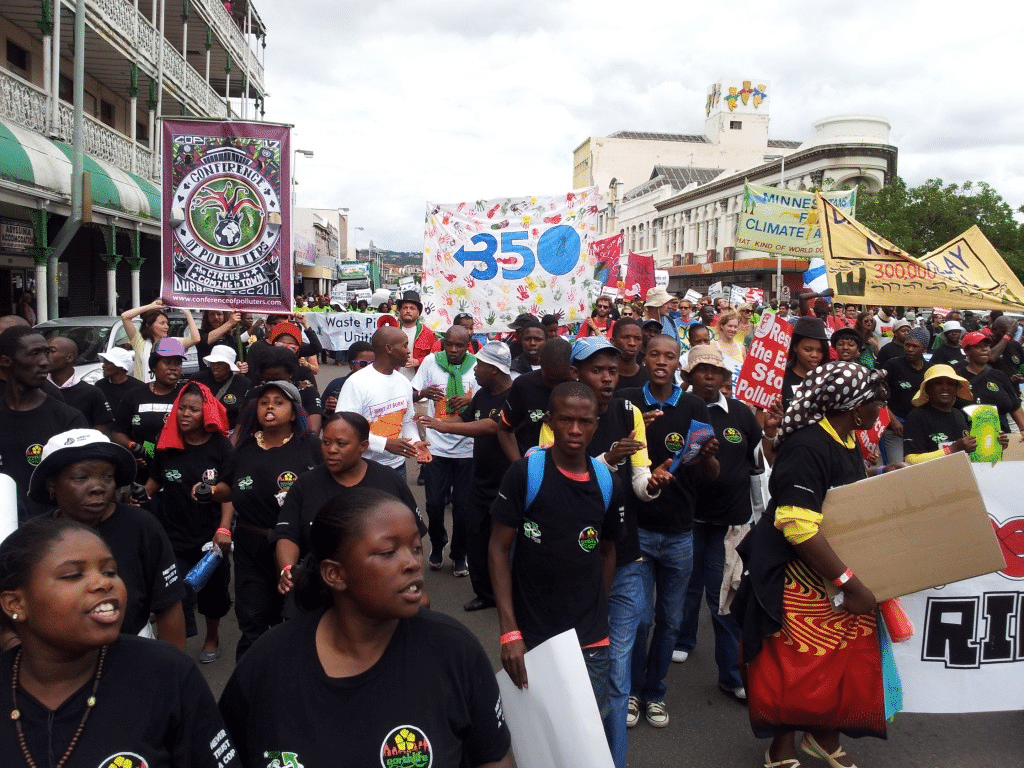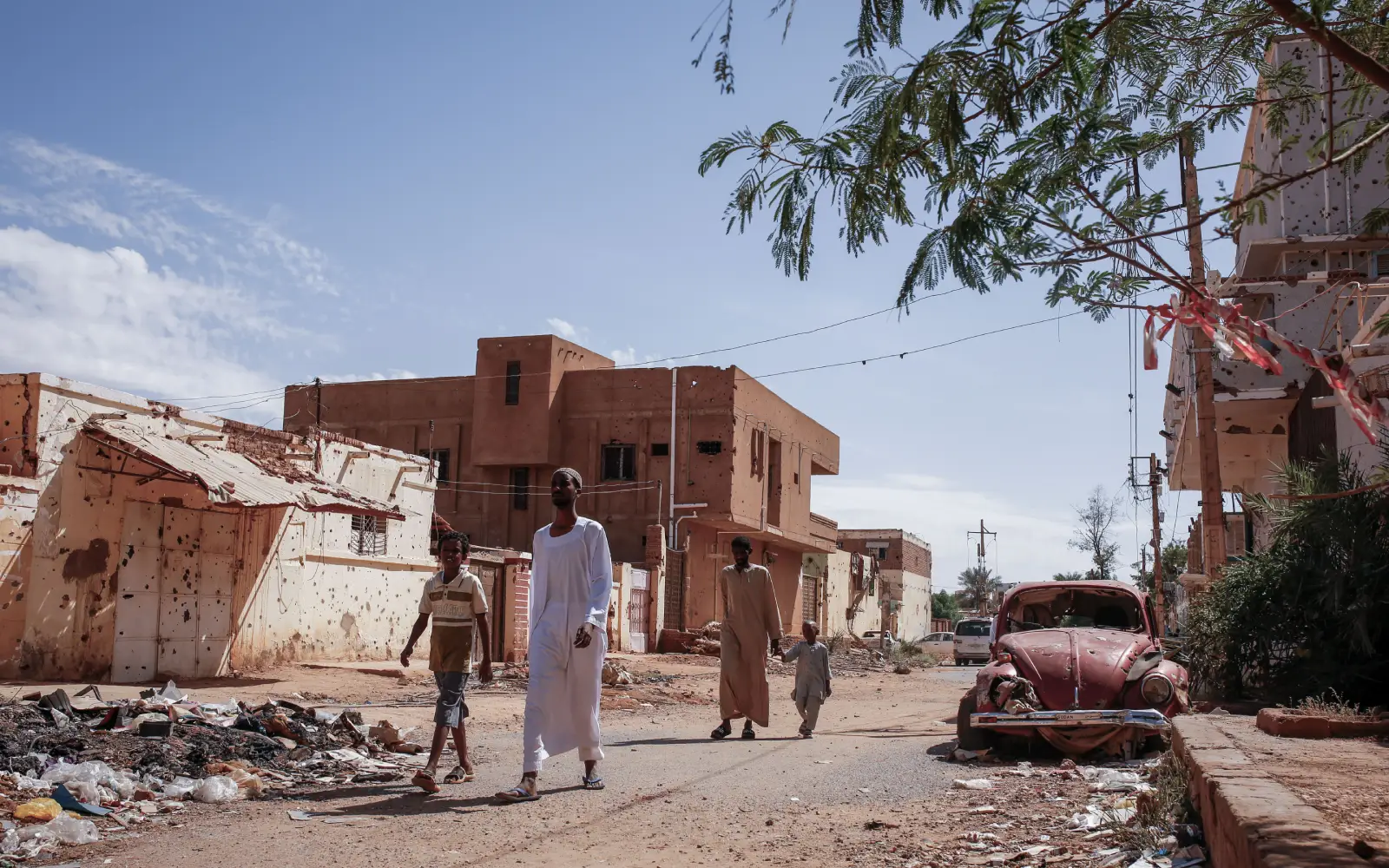Climate change is an issue about people. The African continent alone hosts 1.2 billion of those people most affected by the climate crisis. Yet, voices from the communities most at risk are highly underrepresented, both in the media and climate change research. Countless stories are ready to be told by African entrepreneurs, youth activists, women, farmers, families, and many more.
With this year's theme being Climate Justice, the 2020 Africa Day acts as a platform to share those stories. By bringing together guests, politicians, and experts from Africa, the African diaspora, and the Netherlands, the Africa Day will encourage dialogue around the question of why climate justice matters and how it relates to the African continent.
What is Climate Justice? And How Does It Relate to Africa?
In underscoring the climate crisis' adverse effects on human rights, theories around climate justice press how changes to the climate cannot be reduced to an environmental issue alone. Climate change limits peoples' access to food and water, it forces population groups to migrate, and it gives rise to conflict. In finding strategies to undermine the climate crisis, it is therefore crucial to include just and fair solutions which not only protect the earth, but also its peoples and their rights.
If climate justice then talks to the injustices that climate change creates, it is impossible not to talk about the African continent. The disproportionate vulnerability of Africa is laden with history, rooted in ongoing socio-economic disadvantages, social injustices, and unequal partnerships. In this way, the continent will likely experience the worst impacts of climate change not just because of a historical reliance on agriculture, which is often a result of how economic development has been governed, but also because of how such developments have made many societies less capable of coping with and adapting to changing climates.
The injustices linked to this become clearer when we consider how the main contributors to climate change (in the form of Greenhouse Gas emissions) are countries like the United States, China or those in the European Union. Their economic drive has come with great environmental costs, some of which they will be able to cope with more easily due to the very wealth that resulted from and continues such harm to the environment. Thus, those bearing the true environmental cost of this wealth are people subjected to food insecurity in Zimbabwe, severe floods in the DRC, natural resource conflict in Ethiopia, to name only a few.
The African Continent as a Driver of Change
While it is crucial to raise awareness around climate injustices, it is equally important that climate justice narratives represent African peoples as active agents rather than passive victims. Many initiatives are being developed and implemented across the continent, which aim to mitigate the effects of climate change through Africa-focused green technologies. These range from mobile ("e-green") innovations that promote sustainable farming in rural Niger to the setting up entire climate innovation centres in Ghana. In other words, African entrepreneurship, however big or small, is driving inclusive green growth.
Climate policies drawn up and implemented outside of Africa need to take these actions, innovations, priorities, and needs into account. To do this, we need to not only talk about Africa, but have conversations that prioritise the voices of the many different African peoples and the Africa diaspora, as well as listen to the conversations they are having amongst themselves. Without sufficient regard for, for example, just and fair distribution of climate financing or the support needed to help people who are most at risk, climate policies can easily bring about adverse effects. Because if climate change is an issue about people, our national and international policies should reflect this.
Join the Conversation!
The Africa Day will be filled with over 30 different interactive workshops, debates, an inspiring information market as well as entertaining arts programmes in order to approach climate justice and relevant questions from multiple angles. Don't miss the opportunity to engage in these conversations and join us for the 2020 Africa Day on Saturday, the 4th of April, at the Royal Tropical Institute (KIT) in Amsterdam!
Sources: Africa is a Country, Local Environment, The Guardian, WIPO
Photo: Climate Justice March in Durban, South Africa (Flickr)





